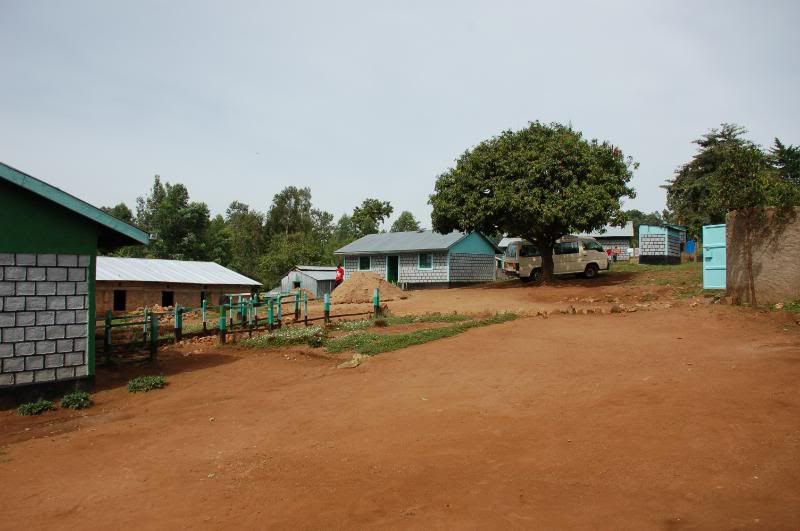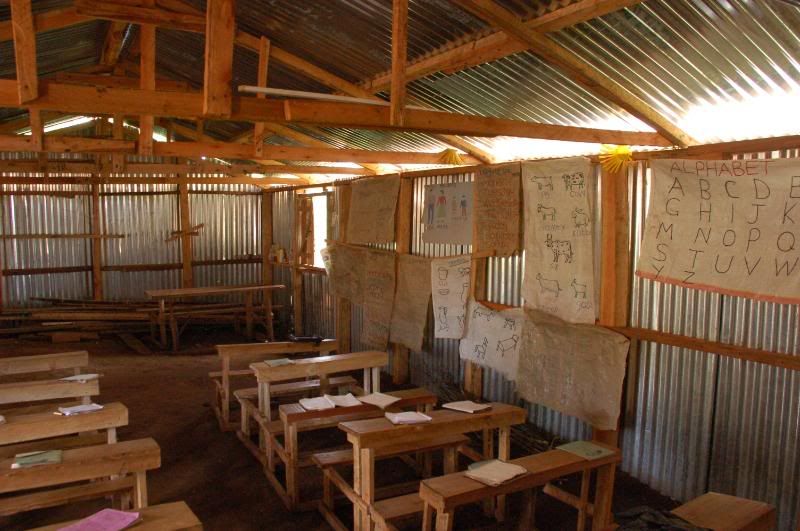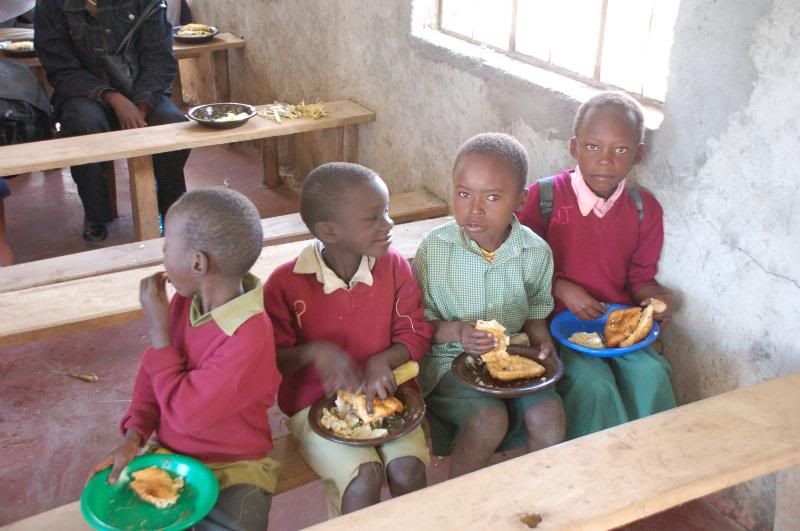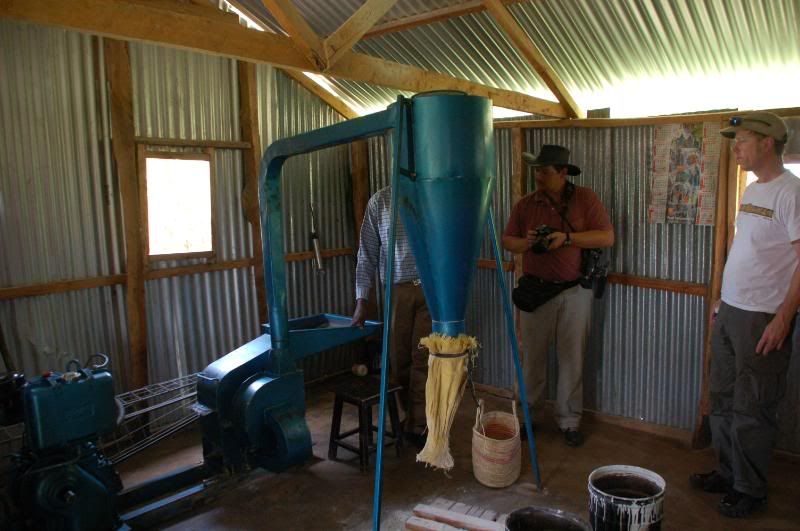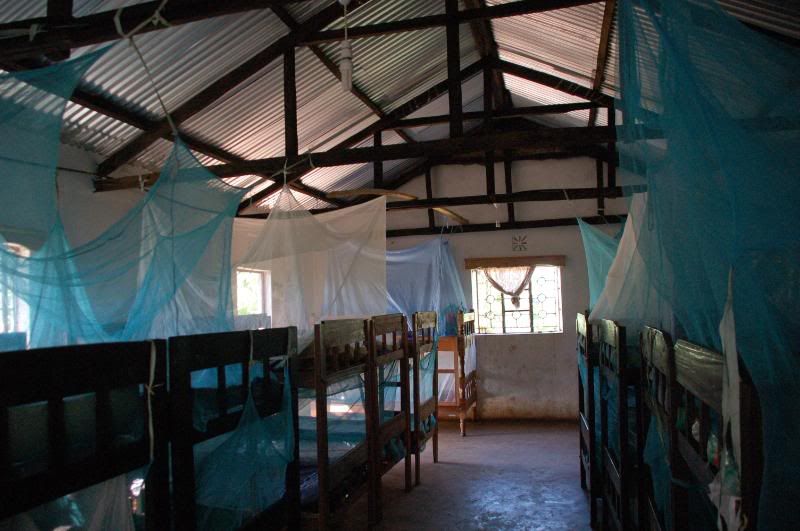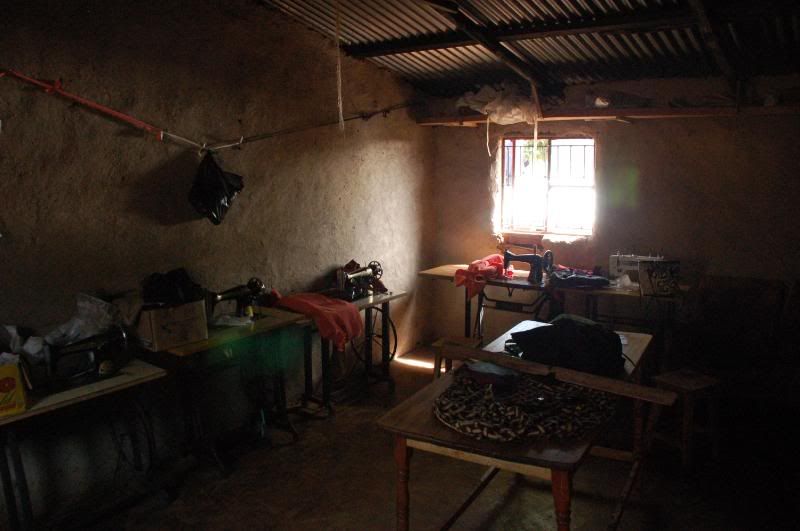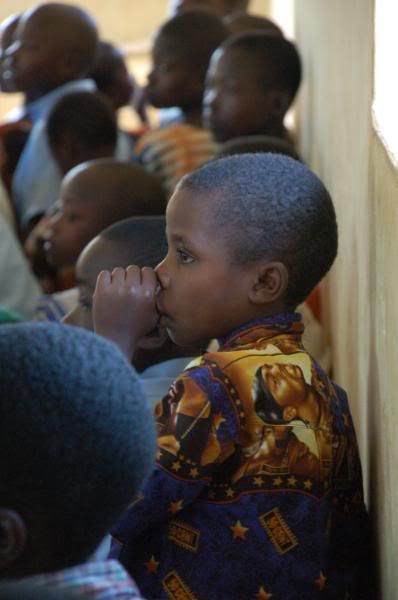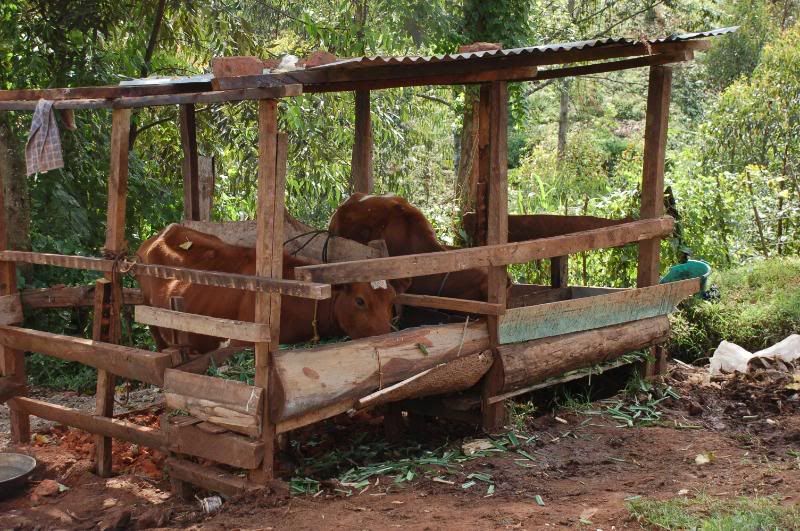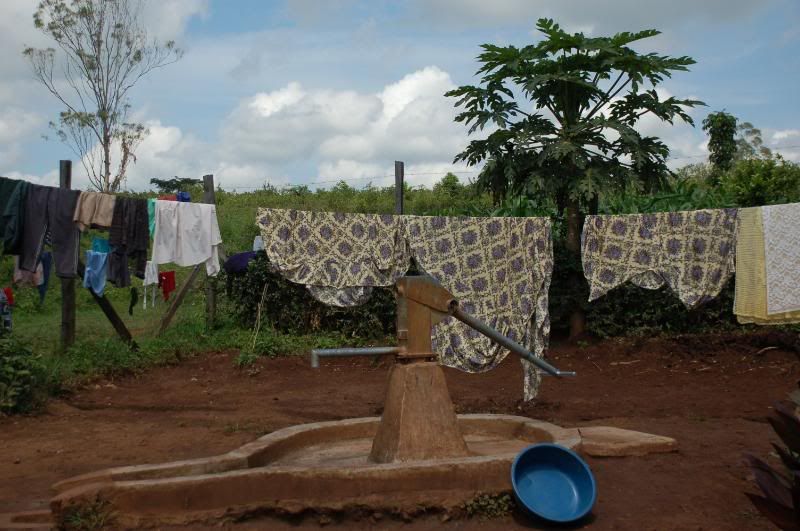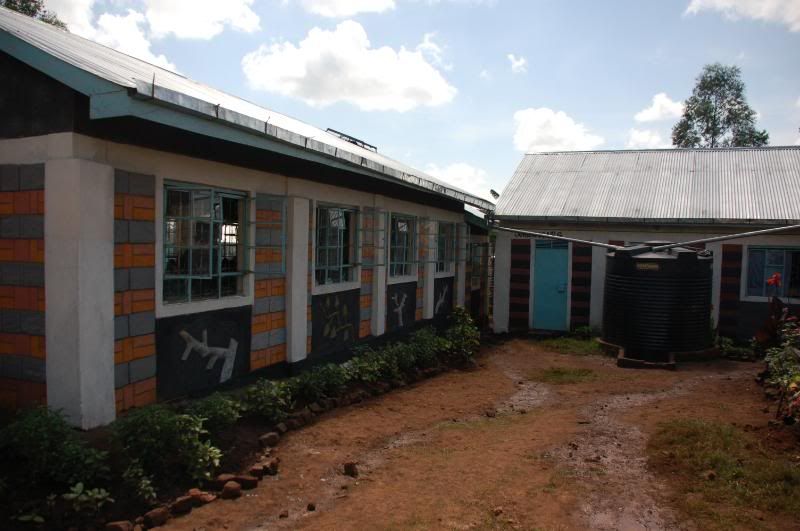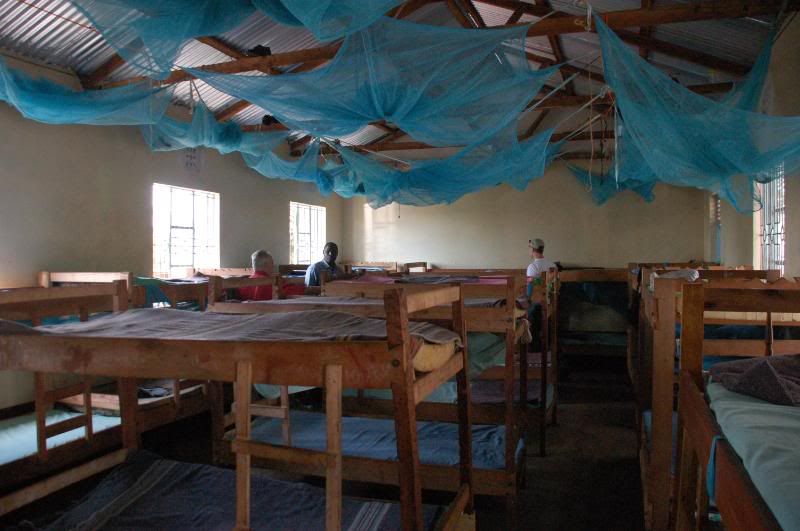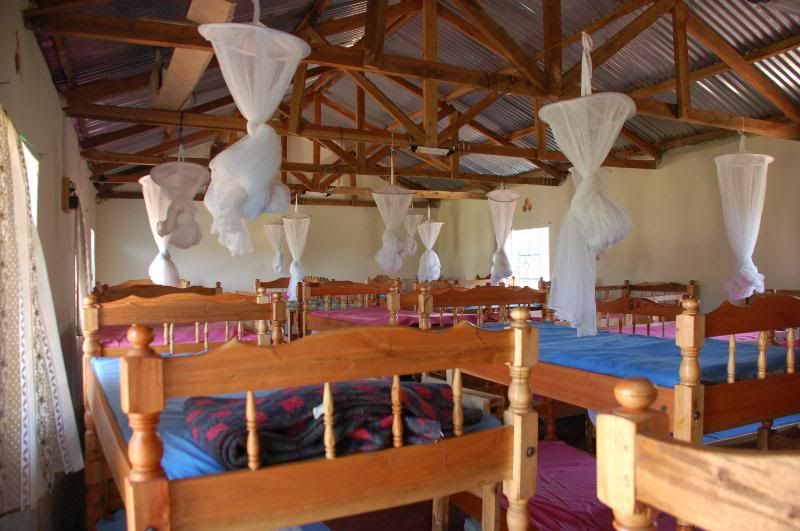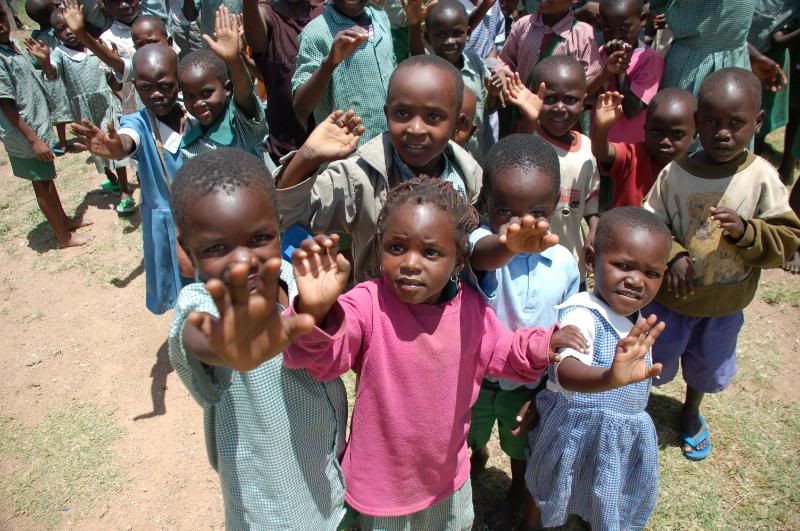The other WWW
Hi There,
Great thread, and a great cause.
While I do believe that the 'bottles on a roof' method may actually work in some cases I have 5 concerns with it:
1 - There is no immediate way of telling if it has sufficiently worked on each individual bottle, without testing each individual bottle. This puts the kids at risk beacause some individual bottle wasn't in the sun long enough, it was a cloudy day, the plastic blocked some of the UV, etc.
2 - I don't know how many bottles it would take to reliably provide the water needs of 100 kids every day. I'm guessing quite a lot of roof space/load.
3 - The water will undoubtably be quite hot after it comes off the roof, requiring probably another 12/24hrs to cool down before it's pleasantly usable. This at least doubles your bottle requirements.
4 - Small detail, but there is probably some physical risk to the kids climbing up on the (not extremely stable?) roof to change 300+ hot bottles of water every day.
5 - This system does nothing for the sediment or other non-bio (ie. fertilizer)contaminants.
I don't have the perfect answer and I don't even know if there is one, but on the EcoRoamer we've decided to go with the 4 stage filter system produced by Water Security (
www.watseco.com -) - you may have read about their system. It was created for NASA and is powering the
Water Reclamation System on the International Space Station.
They have worked on several developing community water filtration projects that you can read about
here.
To do this, we are working with a FANTASTIC company based out of New Zealand called World Wide Water (
www.worldwidewater.biz) - They take the Water Security system and offer it commercially to support communities and special projects.
All the system essentially requires is 4 filter cannisters and a pump to push the water through. The system includes a sediment filter, 1 micron carbon pre-filter, MCV® & Iodosorb® cartridges for disinfection and a .5 micron cyst/polishing filter. The real nifty trick is in the "MCV & Iodosorb" cartridges which slowly release Iodine (MCV) into the water for treatment over a long period of time, and then removes it all (Iodosorb) so that there is no remaining trace of the Iodine in the resulting filtered water.
WWW have a bicycle powered version that can put out 8L per minute, but a solar version or kid's
play pump versions could probably also be done. Other than the pump there is no moving parts.
The version we're using on the
EcoRoamer puts out 2L per minute using a 24V DC pump, and has a life expectancy of about 10,000 Litres before the filter elements need to be replaced (less than US$100)
We've designed the
EcoRoamer to have an external tap that will be able to provide free filtration services to whatever communities we're visiting.
It's a long way from Kenya to New Zealand, but I'd strongly recommend contacting Russell Kelly at
WWW to look at your project. I have found him to be a passionate and informed expert in this field.
Cheers,
Jay.




